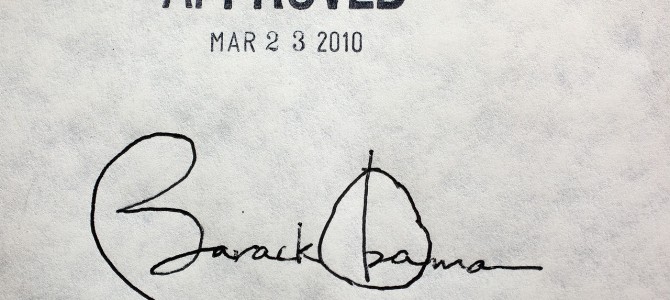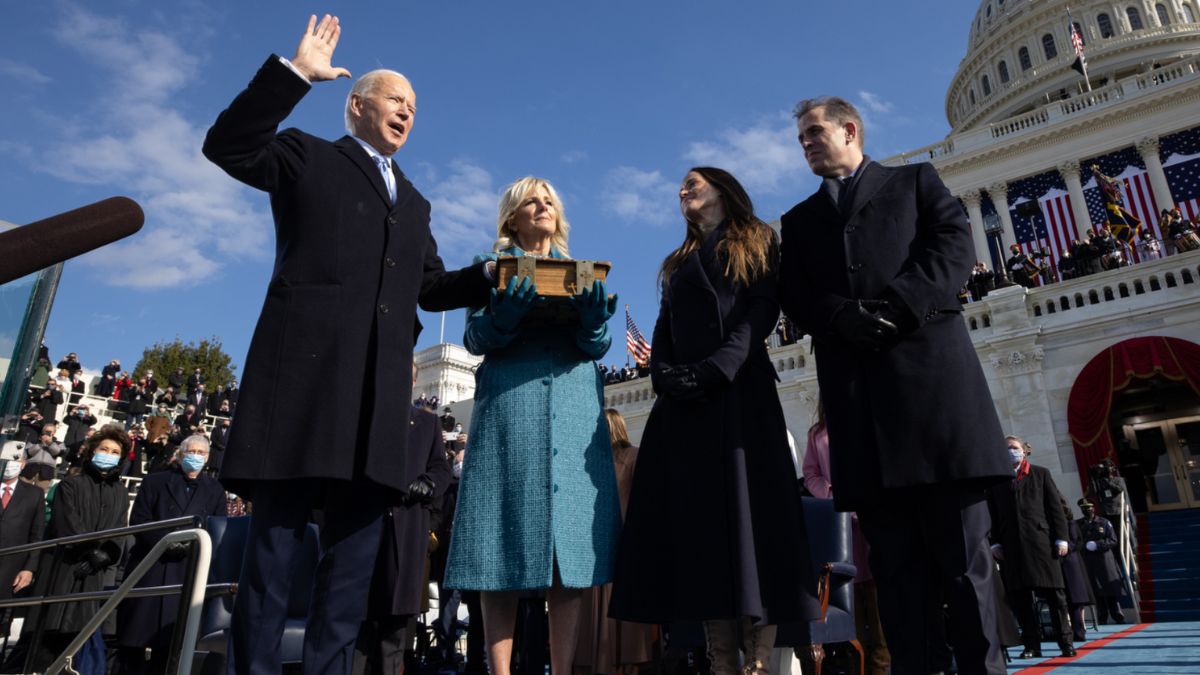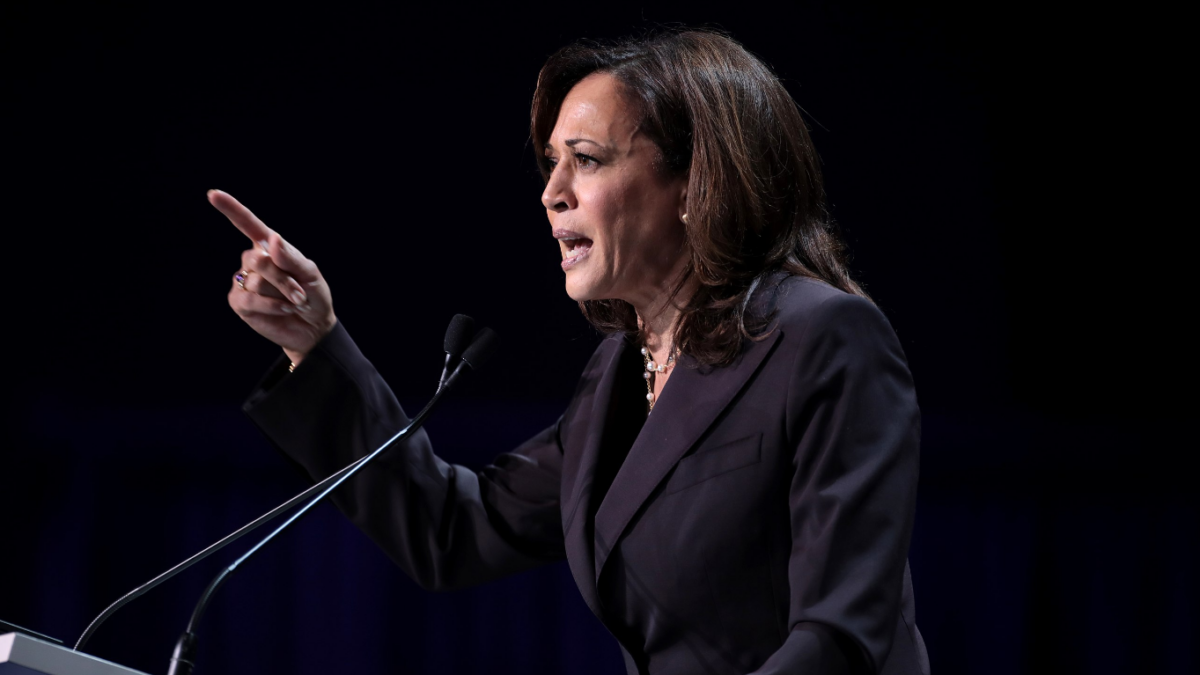
Sure, more Americans will have coverage under the Affordable Care Act — it’ll be mandated and subsidized, after all — but we’re going raise a bunch of taxes, probably kick you off that plan you love, drive your premiums higher, sue obstinate nuns who refuse to chip in for condoms, and penalize everyone who decides they don’t want to participate. Sound good, America?
One imagines an honest pitch for Obamacare wouldn’t have worked six years ago, but this is where we stand today. Because the law has failed to deliver on its promise of lower premiums, not only for consumers on subsidized state exchanges but for everyone else, millions of young Americans have decided that it makes more sense for them to pay a “tax” than to buy substandard health insurance they won’t use.
This reality has prompted a number of liberals to argue that one way to “fix” Obamacare is to raise the mandate “tax” even higher to compel holdouts to participate. Which is interesting, considering this argument confirms two big lies that helped make Obamacare a reality.
First of all, if the health of your “marketplace” hinges, not only on mandating the product but imposing severe fines to force the issue, your experiment is not successful — not in any way that Democrats promised it would be, and certainly not in any way a healthy “market” functions.
Actually, calling Obamacare “a market” is itself a deception. Read this interview with Caroline Pearson — who I’m told by Vox is an “exceptionally smart and honest observer of the law” — where she says: “The mandate penalties are not working to compel people into the market.” If you function under the notion that markets are places that feature voluntary exchanges and transactions between buyers and sellers, this contention should confuse you.
Furthermore, not only are state exchanges becoming virtual monopolies as they hemorrhage providers, but analysts across the ideological spectrum have been predicting that the majority of employer-provided insurance plans will likely disappear, as well. This is market destruction.
To some extent this was likely the point of Obamacare. To evolve. From the get-go, though, distorting words and ideas was indispensable in selling the president’s signature achievement. This week one of Obamacare’s architects, Jonathan Gruber, also proposed increasing the “penalty” for those “free-riding the system” to make the law function better.
Speaking of free riders, you might remember Gruber, who did very well for himself on the taxpayer’s dime, admitting that voter “stupidity” and a lack of transparency aided him and his technocrats in writing and passing their social experiment.
“Free riding,” is, of course, a legitimate economic term. In this case, though, it’s a specious rhetorical construct that means “these ignorant and greedy people are uninterested in embracing my smart ideas.” If you don’t want free riders, don’t create “systems” that inhibit genuine market ideas from attracting consumers.
More importantly, not long ago, many of the same people urging for more punitive fines claimed that the “shared responsibility payments” — which sounds like something cooked up on a Boulder City Council subcommittee — was neither a mere tax nor a penalty. This is what they argued in front of the Supreme Court.
It didn’t matter that the Affordable Care Act itself referred to the penalty as a “penalty.” It didn’t matter, as Gruber later admitted, that authors constructed the law “in a tortured way” to prevent the mandate from being defined as a tax. It didn’t matter that the president went out of his way, at the height of selling the law to the American people, to “absolutely reject” the notion that Obamacare was a tax. Nor did it matter that dozens of other Democrats argued that Obamacare was not a tax but a way to make parasitical freeriders pay their fair share.
When it came to the Supreme Court, they changed the story. On the strength of this lie, Chief Justice John Roberts had a way to magically transform a mandate into a tax.
Roberts might not have saved the law in the long run, but he did something much worse. For the first time, government was free to force citizens to engage in commerce. And not just any commerce. Obamacare forces “consumers” to buy products in a tightly restricted and regulated “market” — sometimes featuring only one company. This company is forced to offer “consumers” what the state decides is best, rather than what they desire.
Congress is also now free to “tax” people for not buying something. (By the way, according to the IRS, the penalty for individuals and families without health care is going to almost double on their 2016 tax returns even without any change in the law.) It now had the constitutional authority to regulate any market it pleased by imposing any monetary fine it deemed high enough to regulate the decisions people make for themselves. In other words, there’s no limit to the state’s interference in commerce.
Now liberals want to use this supposedly nonexistent mechanism — Gruber called it a “penalty” this week — to save a law that has otherwise failed to meet nearly every benchmark of success laid out for it. It’s something Republicans should think about the next time Democrats ask them to fix Obamacare. It’s a fight that is about a lot more than bad health-care policy.









